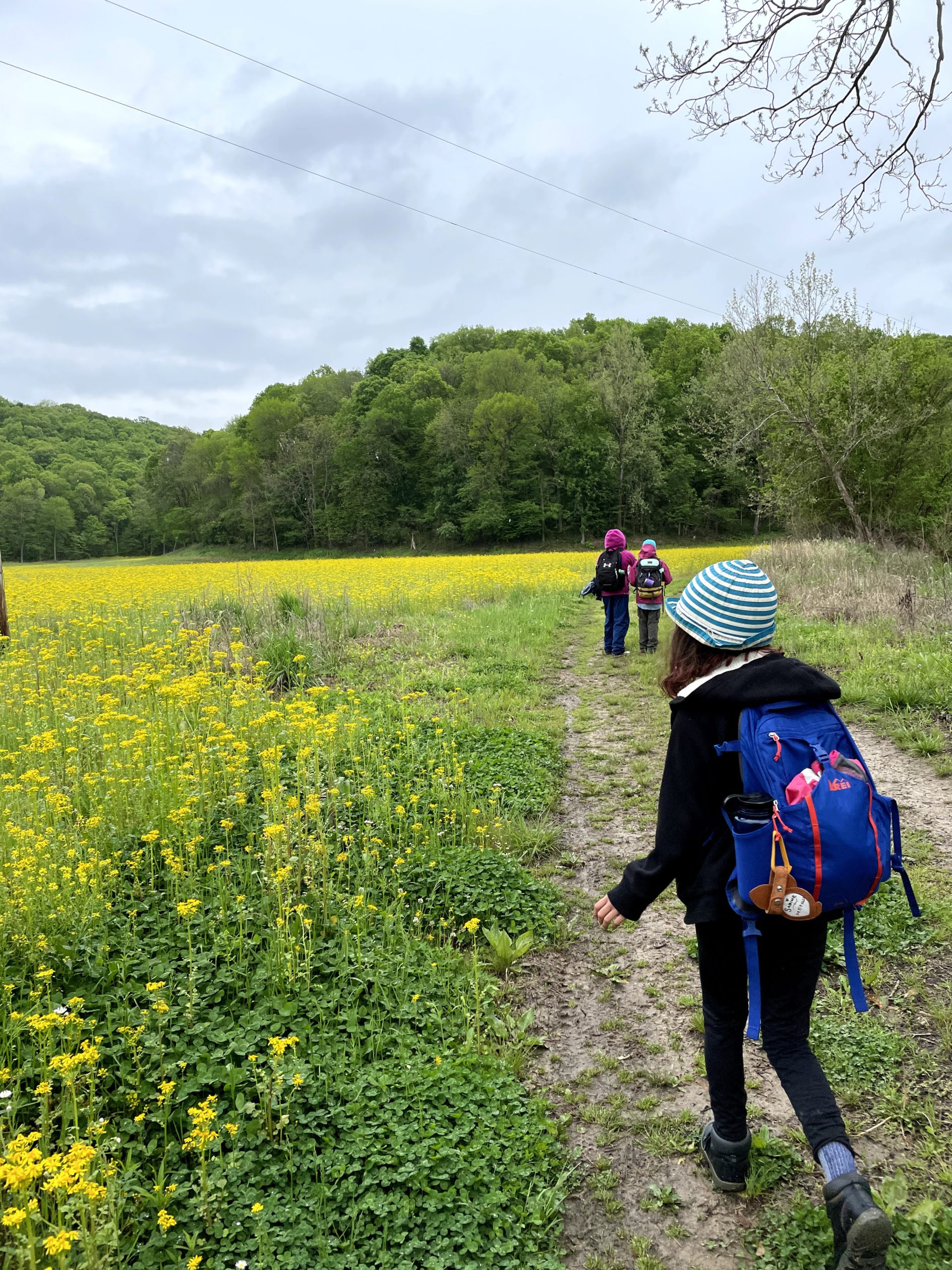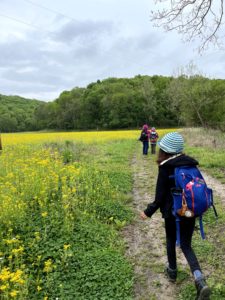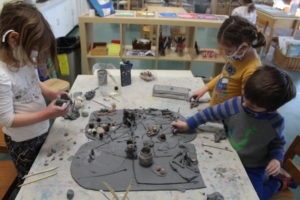
At The College School, making mistakes is a critical part of the educational journey. We encourage collaborative work, create an environment that nurtures exploration, questioning, and various ways of thinking and problem-solving. Read our latest blog post below, “Embracing Mistakes at The College School,” by Head of School Carl Pelofsky.
In the early 20th century, Leopold Lojka had an incredibly important job. The chauffeur of a powerful European political leader, Mr. Lojka had responsibilities greater than most of us will ever know. On June 28, 1914, Mr. Lojka made a wrong turn while driving his car–something we’ve all certainly done. The problem was, the turn took him down a side street, surprised the politician’s security team, and led the vehicle right to where an assassin waited.
Austro-Hungarian Archduke Franz Ferdinand was killed that day, and that moment led to World War I. As mistakes go, that was a pretty big one.

At The College School, students learn that making mistakes is a critical part of their educational journey.
Fortunately for the rest of us, world peace doesn’t hang in the balance when we make our mistakes. And making mistakes is a crucial part of our educational journey.
When I was in school there was a lot of “right” and “wrong” in the curricula. As a fourth grader, I remember vividly earning, and subsequently eating with great delight, a giant popcorn bunny (complete with candy eyes) for not missing a spelling word for the entire school year (although I had to make a case for my choice of the British spelling of theatre). Those who could remember spelling words, vocabulary, dates, and facts, were richly rewarded. Those who couldn’t–well, it didn’t go well for them.
The evolution of teaching and learning, though, has made school a very different place. In a dramatic change from my youth, educators welcome mistakes. We encourage collaborative work, create an environment that nurtures exploration, questioning, and various ways of thinking and problem-solving. Popcorn bunnies are shared.
Recently I sat in one of our classrooms where a light geography trivia game broke out. The question: what letter in the alphabet isn’t used in any state name?
The answers were varied and plentiful. The teachers managed the situation well; instead of saying “no!” when an incorrect answer was shouted, there was acknowledgment of the effort. “Good guess! But Texas and New Mexico both have an “x” in them.” This approach encouraged more guesses and contributed to a level of comfort with getting the answer wrong. No one seemed reluctant to give it a shot.
At our school, though, facts, dates, and memorization take a backseat to creativity, innovative thinking, and reflection. For that reason “mistakes” look distinctly different: they come more as a result of the student’s self-assessment rather than an answer from an old Teacher’s Edition of a textbook. A mistake becomes informative and leads to a clear conclusion: “I’ll try something different next time.”

In our Reggio-inspired Early Childhood program, the creative process and free exploration of artistic mediums is valued over the final product. This gives students the opportunity to create, imagine, and try new approaches.
It all begins with our youngest students. Our Reggio-inspired program allows students to explore their interests, take chances, and yes, make mistakes. We fundamentally believe that even our three-year-olds are capable problem solvers, and we give them the freedom to contribute to the construction of their own unique individual educational experiences. In the Atelier, for example, the process of creating works of art is emphasized far beyond the product. This approach sets the stage for years to come.
While our students are at TCS, they are supported, encouraged, and inspired to grow and develop. But we know that part of our job is to prepare our students for what’s next, and we know from the stories we hear that they are extraordinarily well-equipped for success after they leave us. As confident, curious risk-takers, our students aren’t intimidated by challenges–no matter what form they take.


